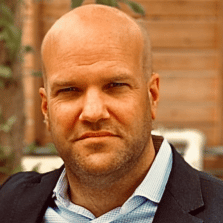
DEPRESSION

Seeking treatment? Questions?
Get 24/7 confidential help now:
Or Receive A Call:
Last Medically Reviewed 15 November 2022
Chronic
Depression
Everyone feels a sense of grief and sadness after suffering traumatic experiences, just as they feel excitement after a joyous occasion. But when those invasive feelings of despair become overwhelming, the problem is likely related to a depressive disorder. This underlying hopelessness never fades away and can impact all aspects of our lives.
What is
Depression?
While depression is common, it’s a serious mood disorder that affects how people feel, think, and handle daily activities. Not merely a feeling that someone can simply brush off, depression is a complex mental illness that needs professional treatment and support.
Depression is difficult to identify because it may be mistaken for symptoms of other conditions. It’s also common for sufferers to learn to conceal the signs or develop various coping methods. Some people are sad but don’t realize it, deny it to themselves or others, or act angry, anxious, lost, or hopeless due to their difficulties.
Several reasons for depression include genes, childhood trauma, social isolation, bullying, and abuse. Major depressive illnesses can affect people from all walks of life.
Signs of depression are now commonly found in youngsters and adolescents, indicating that it can affect anyone of any age. It might also be associated with additional serious medical problems later in life or in older people. Sometimes medications used to treat these illnesses could even cause depression as a side effect.
Depression Symptoms
& Signs
Depending on the severity of symptoms, diagnosing depression may require a physical examination and questions about medical history and other possible causes. No definitive test can diagnose depression, but doctors may order tests to rule out physical conditions with similar symptomology.
Doctors check for anxiety levels, psychotic behavior, melancholy symptoms (sadness or lethargy), catatonia (lack of movement or communication), and external factors such as seasonal trends, recent pregnancy, and childbirth. Some external factors are common signs of depression and can be spotted through the patterns they develop.
Struggling at Work
It’s difficult for people who have experienced depression at work, and it can cause them to lose the quality of their work. It is especially true when someone is unhappy in a particular area. Before long, you can no longer meet deadlines and have important meetings like you usually would, which could result in job loss.
Deteriorating Relationships
Sometimes depressed people struggle with fluctuating moods as they experience hopelessness and anxieties, which can cause them to neglect day-to-day activities. This can be hard for your partner or family members to deal with, causing disappointment in those you love.
Depression can also cause you to withdraw from your relationships if you have lost meaningful connections with others. If your depression has affected your children or you fear you could end up with a divorce, break-up, or other serious problems, it might help to seek help. Give us a call. We are here to help.
Self-Medicating with Drugs or Alcohol
Co-occurrence of mental illness and substance use disorder can also arise. Many people with depressed moods or mood disorders use alcohol and other substances to self-medicate. However, it only delays the problem. Eventually, you become dependent on the substance, leaving two issues rather than one.
What is the Most Successful
Depression Treatment?
The hopelessness and helplessness caused by depression can leave sufferers of depression feeling as though they have no escape. Individuals suffering from depression will likely start struggling with daily functioning, ultimately worsening their mental condition. Unfortunately, this can lead to co-occurring mental health conditions that can damage the lives of those afflicted. Depression is a mental illness that can lead to detrimental disruptions in an individual’s life when treatment is not sought and implemented.
Depression Medications
There are numerous types of antidepressants available to treat depression. These include:
- Selective Serotonin Reuptake Inhibitors (SSRIs)
- Serotonin-norepinephrine reuptake inhibitors (SNRIs)
- Atypical antidepressants
- Tricyclic antidepressants
- Monoamine oxidase inhibitors (MAOIs)
Each of these has different ways of working and varying side effects. Doctors will prescribe them individually or in combination or adjust protocols and dosage depending on what proves ineffective. Sometimes they are also used along with other medications such as mood stabilizers, antipsychotics, and anti-anxiety medication.
Rehab For Depression Recovery
Inpatient depression treatment helps thousands of individuals suffering from severe depression each year. While outpatient therapy is beneficial, inpatient care is more effective, particularly for depressive disorders that co-occur with other problems. Residential depression treatment centers provide around-the-clock care and supervision. A mental health facility offers a place away from the demands of life so you can concentrate on getting well.
Mental health disorders and addiction often co-occur. One might trigger the other or make symptoms worse. People often turn to substance abuse to cope with their mental condition. A depression treatment center like Psyclarity Health is perfectly equipped to treat these co-occurring disorders.
Individual Therapy
Individual therapy programs are often the first kind of treatment for depression recommended for clients. Most of the work done at a residential depression treatment center will take place in individual therapy.
At Psyclarity Health treatment centers, our counselors are trained in approaches that help address the emotional pain and dysfunctional thinking that fuel depression. We aim to help you identify the issues or co-occurring disorders that could be prompting your depression, and you’ll learn ways to work through them. Individual therapy can use the following techniques:
- Helping you understand behaviors, emotions, and ideas that contribute to your depressed state
- Helping you identify the life problems or events that contribute to your depression
- Helping you understand which aspects of the problem you may be able to solve or improve
- Helping you regain a sense of control and pleasure in life
- Assisting you in learning coping techniques and problem-solving skills
Behavioral Therapies
Cognitive Behavioral Therapy
Understanding how your thoughts, feelings, and actions are interconnected is key to managing addiction and mental health conditions – this is where cognitive-behavioral therapy comes in. It has proven highly beneficial to many of our clients.
Dialectical Behavior Therapy
Dialectical Behavior Therapy was initially designed as a specialized form of cognitive behavior therapy for treating patients with borderline personality disorder. But DBT has proven to be a powerful tool used by therapists working with people suffering from depression and other mental health conditions.
DBT lifts the barriers that prevent people from achieving healthy, happy lives. Through DBT, those suffering from mental health disorders can learn how to accept who they are as a prologue to profound personal change.
Group Therapy
Group therapy participants can learn from others who have experienced similar difficulties. This might help you gain a new perspective on your problems and often aids individuals in coping. In group therapy, you’ll develop stronger social and interpersonal skills. Another advantage is the genuine connections you’ll make with your peers while recovering from depression.
Family Therapy
Couples and family counseling can help your loved ones better understand the challenges you face in recovery. With their support, you will be more likely to succeed in your journey to a better life.
After Your Time At a
Depression Treatment Center
Educating yourself about depression and commitment to your treatment plan significantly improves your chance of recovery. It’s best never to ignore warning signs to avoid a potential relapse or deterioration. To help catch warning signs early, some find it helpful to journal, while others develop a strong support network they can rely on when needed.
Making an effort to see friends or join support groups can help stave off depression. To keep from feeling overwhelmed, try taking steps to simplify your life and structure your time better.
Psyclarity Health and
Rehab For Depression
Dealing with depression and other mental health issues can feel very daunting, but there is hope. At Psyclarity Health, our mental health professionals are here to help you every step of the way. With our expert guidance, people suffering from depression can learn healthy coping mechanisms and gain a renewed perspective on life. If you or someone you know is struggling with depression, please don’t hesitate to reach out today. We can help.
MAKE THE CALL
Don’t go through the process of recovery alone.
There are people who can help you with the struggle you’re facing. Get in touch with one today.
Call Now: 855-924-5350
GET THE CALL
Enter your phone number below to request a call from a treatment professional.







